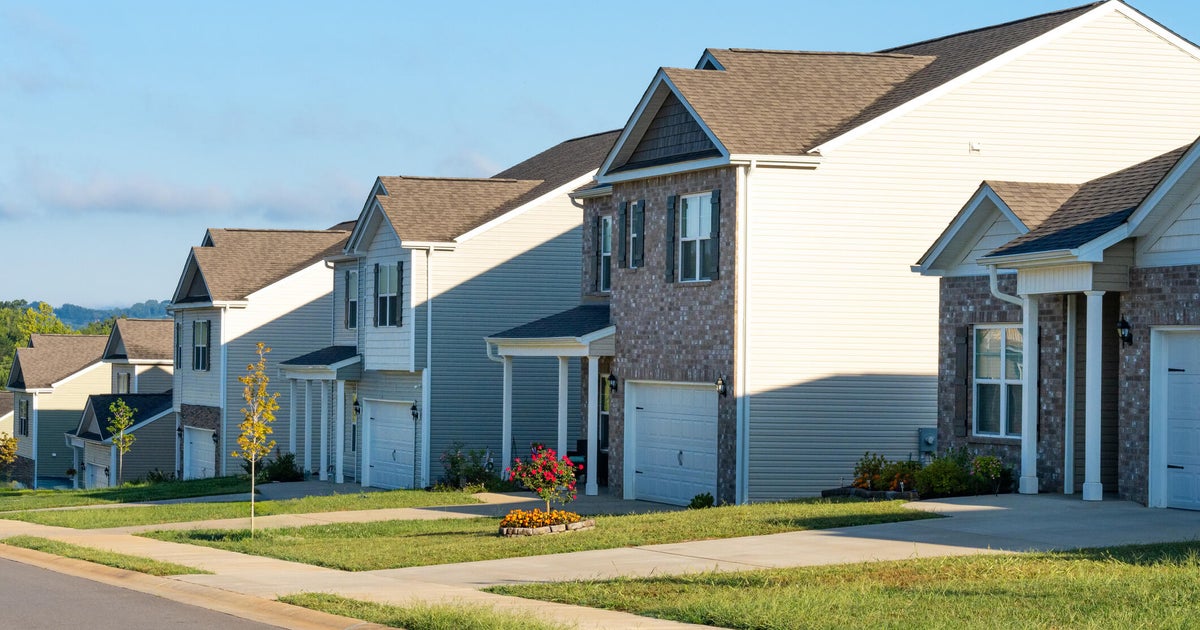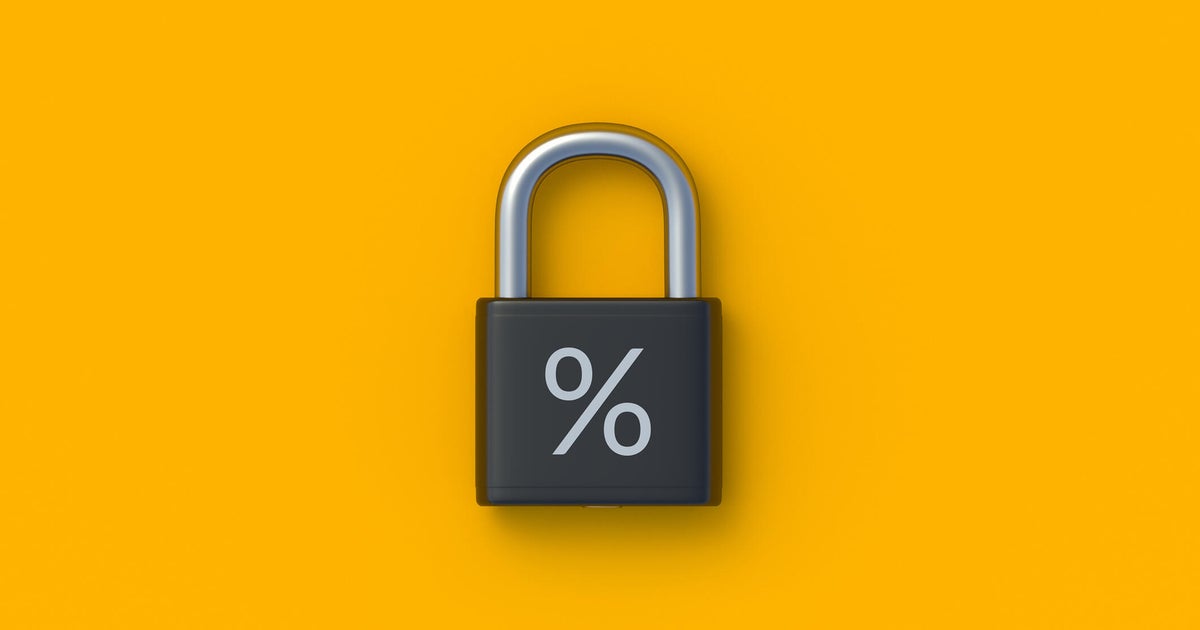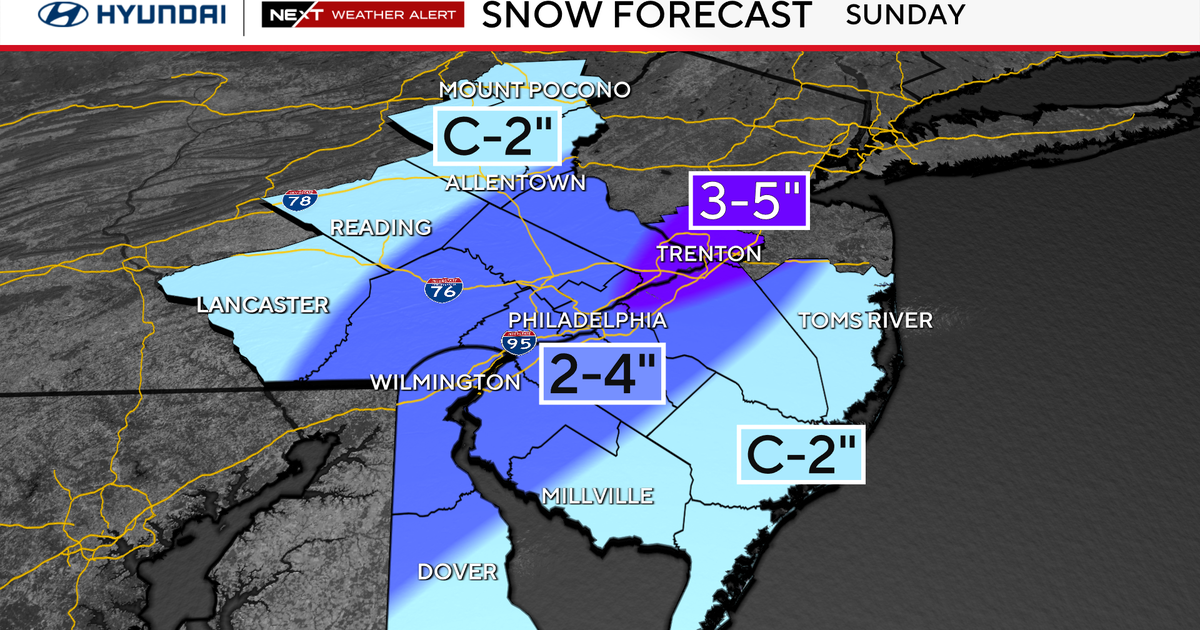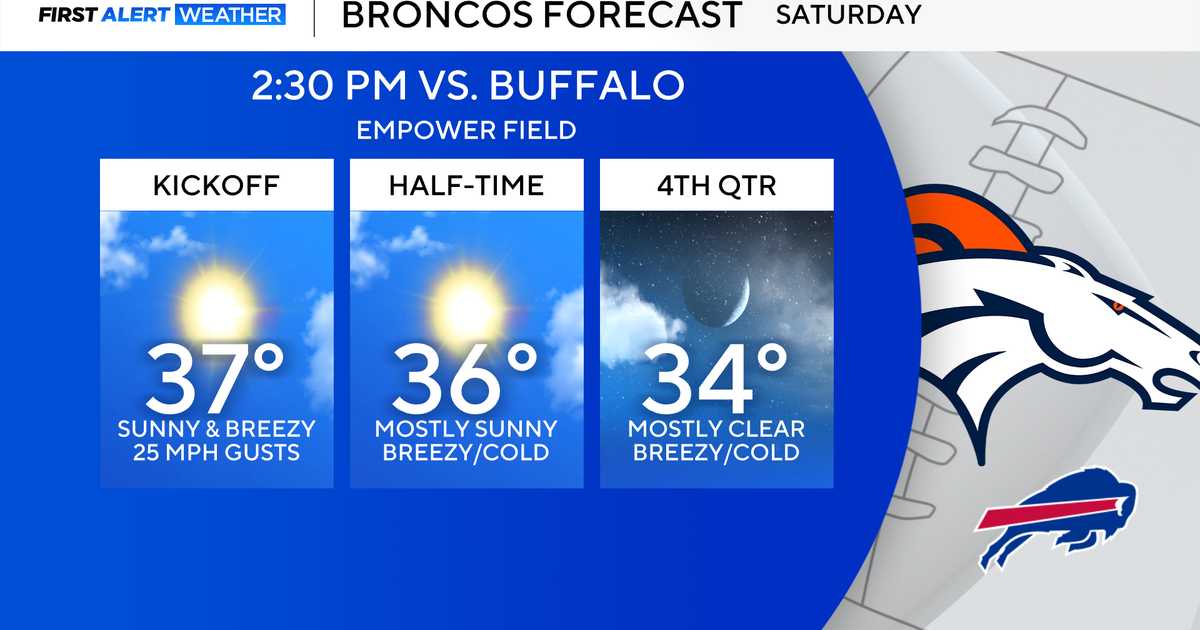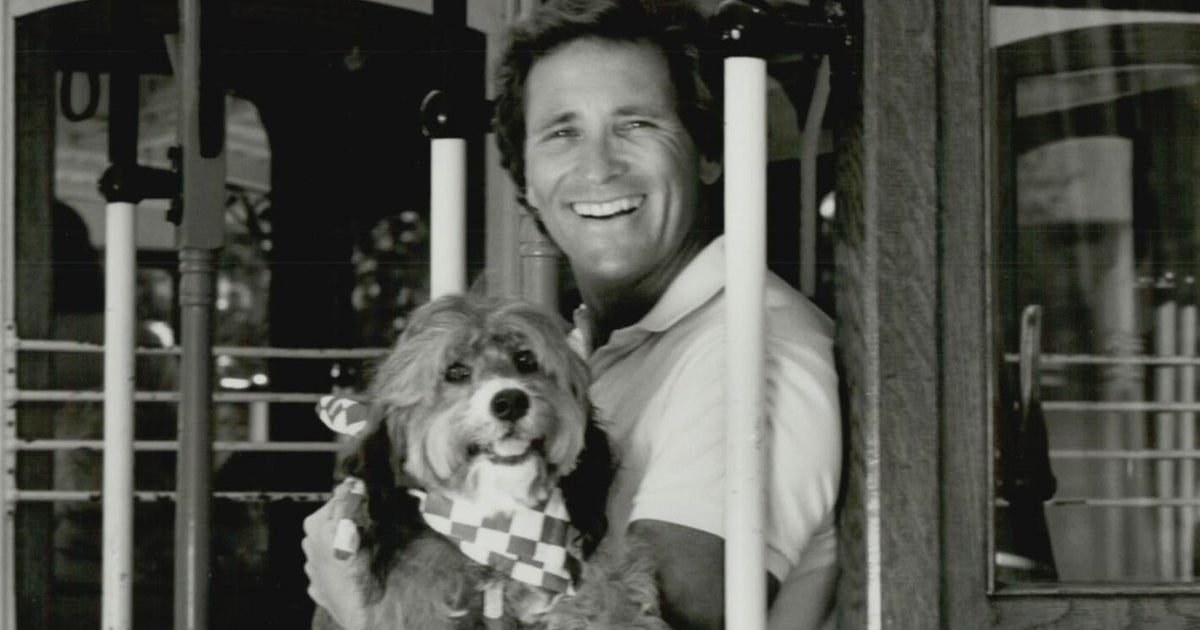BLOG: Mortgage Rates At Historic Low, Few Qualify
By Jim Donovan: I have some good news and some bad news. The good news? Mortgage rates have now fallen again to a historic low. The bad news? Many people can't qualify to refinance at the low rates due to tougher lending standards and a lack of enough equity in their homes.
Freddie Mac said Thursday the rate on the 30-year fixed mortgage fell this week to 3.94 percent from 4.01 percent. That's the lowest ever and the first time rates on the loan have fallen below 4 percent in history.
Thinking of refinancing? The rule of thumb has been that it makes sense to refinance if a homeowner can save 1 percentage point on the current rate. Those who haven't refinanced in the past few years and who plan to stay in their home for at least five years are best positioned to save. If you've been paying your mortgage for 15 years or more, it's sometimes not wise to refinance. In the latter years of a mortgage, a larger portion of your payment applies to principal. That builds equity. If you refinance late in your loan and don't reduce the loan's duration from, say 30 to 15 years, you'll build less equity. You might also face prepayment penalties if you pay off your mortgage early or refinance. In some cases, though, these penalties can be waived.
What will you need? Homeowners need pay stubs and bank statements to document assets and income. Lenders generally frown on household debt that exceeds 45 percent of a family's gross income. A solid credit score of at least 680 is also important hat's because lower credit are typically subject to higher extra fees. Usually those with credit scores of 720 or higher are in the best position to refinance. But the low rates, if they can be had, can produce big savings. A homeowner would have to pay roughly $1,074 a month for a 30-year, $200,000 fixed mortgage at 5 percent. If that rate were cut to 4 percent, the payment would drop to $955. The savings would be $119 a month, or $1,428 a year.
So what would a refi cost you? Homeowners typically pay a few thousand in closing costs. An appraisal fee can cost 1 percent of the loan value. Extra costs, sometimes called "garbage fees," include application, inspection, notary and recording fees. These fees, called points, now average 0.8 point on a 30-year fixed mortgage. One point equals 1 percent of the loan amount. That means the 0.8 percent in extra fees on a $200,000 loan would run $1,600. An example of how fees can increase costs: This week's average rate on the 30-year fixed mortgage is 3.94 percent. It's the first time it's ever been below 4 percent. But once extra fees are added in, the effective average rate rises to 4.12 percent.
